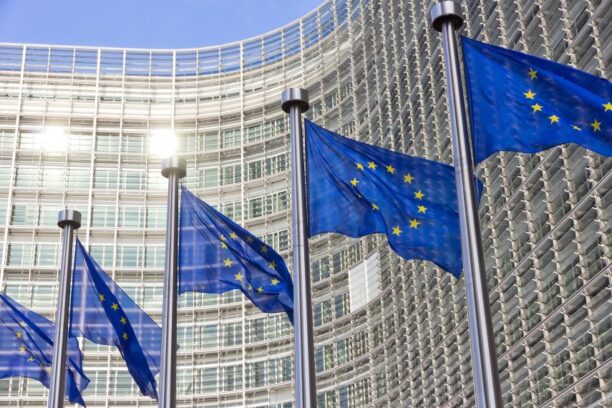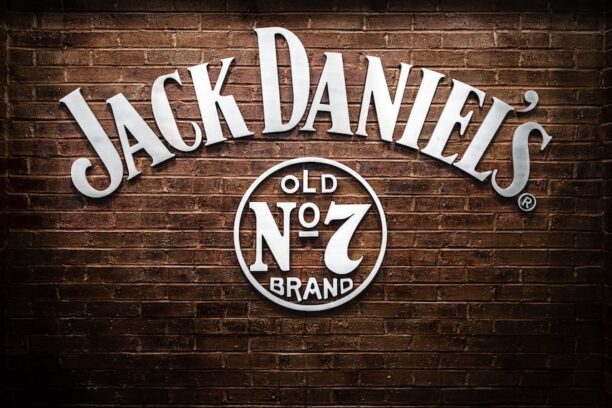The Kariba carbon offset project is still drawing scrutiny, even after Verra itself reported on problems with the project:
“… it was found that the actual deforestation observed in the Kariba project’s reference area was significantly lower than the initially estimated deforestation. The number of excess credits issued as a result of this discrepancy is 15,220,520 (of the 26,822,953 credits issued). These are credits that can no longer be compensated for in subsequent monitoring and verification periods, given the project’s withdrawal from the Verra Registry.”
Mea culpa – Roger that, over and out. Except maybe not. Quantum Commodity Intelligence (QCI) wrote an opinion on the project that takes a different path on the project than others:
“In short, the Verra methodology was applied correctly. Verra’s correction procedures did precisely what they were designed to do in the methodology. Had the project proponent CGI not withdrawn the project from Verra in light of the media attacks, the true-up period would have started on July 1, 2021, and no further VCUs would have been issued by Verra until the avoided emissions in the reference area reached the VCUs issued against the original baseline.
The supposed ‘scandal’ was, in reality, a standard process foreseen by the Verra methodology. The issue with Verra’s VM0009 was, however, that the methodology’s period for baseline resetting was rather long, spanning over 10 years.”
Looking to South Pole’s role as the project developer:
“The idea that South Pole ‘cashed in’ on Kariba crumbles in light of the facts.
For nearly a decade, the company purchased and held Kariba VCUs when few others were willing to take the risk. In doing so, South Pole helped sustain the Kariba forest protection project and its positive environmental impact through a period of market disinterest. When the market rebounded in 2021-2022, the company briefly benefited from the increased value of its holdings; however, it also reinvested heavily in additional projects at the same time.
Following the 2023 market downturn, Kariba became one of South Pole’s largest losses. That’s not profiteering, that’s impact investing.”
I don’t know the details of Verra’s methodology so I can’t comment on that, but I do think QCI has a valid point about impact investing. Even impact investors expect – even require – a financial return on their investment. Otherwise (a) it wouldn’t be “investing” – the funds would be grants, philanthropy or corporate giving, and (b) those doling out free money would go bankrupt quickly because, as my Dad used to say, “If you spend more than you make, you go broke.”
Will South Pole’s situation create more problems for the impact investing universe? Does impact investing require minimizing financial returns that come from project success?
Members can read more about ESG/sustainability investor expectations here.
Interested in a full membership with access to the complete range of benefits and resources? Sign up now and take advantage of our no-risk “100-Day Promise” – during the first 100 days as an activated member, you may cancel for any reason and receive a full refund. But it will probably pay for itself before then. Members also save hours of research and reading time each week by using our filtered and curated library of ESG/sustainability resources covering over 100 sustainability subject areas – updated daily with practical and credible information compiled without the use of AI.
Practical Guidance for Companies, Curated for Clarity.










